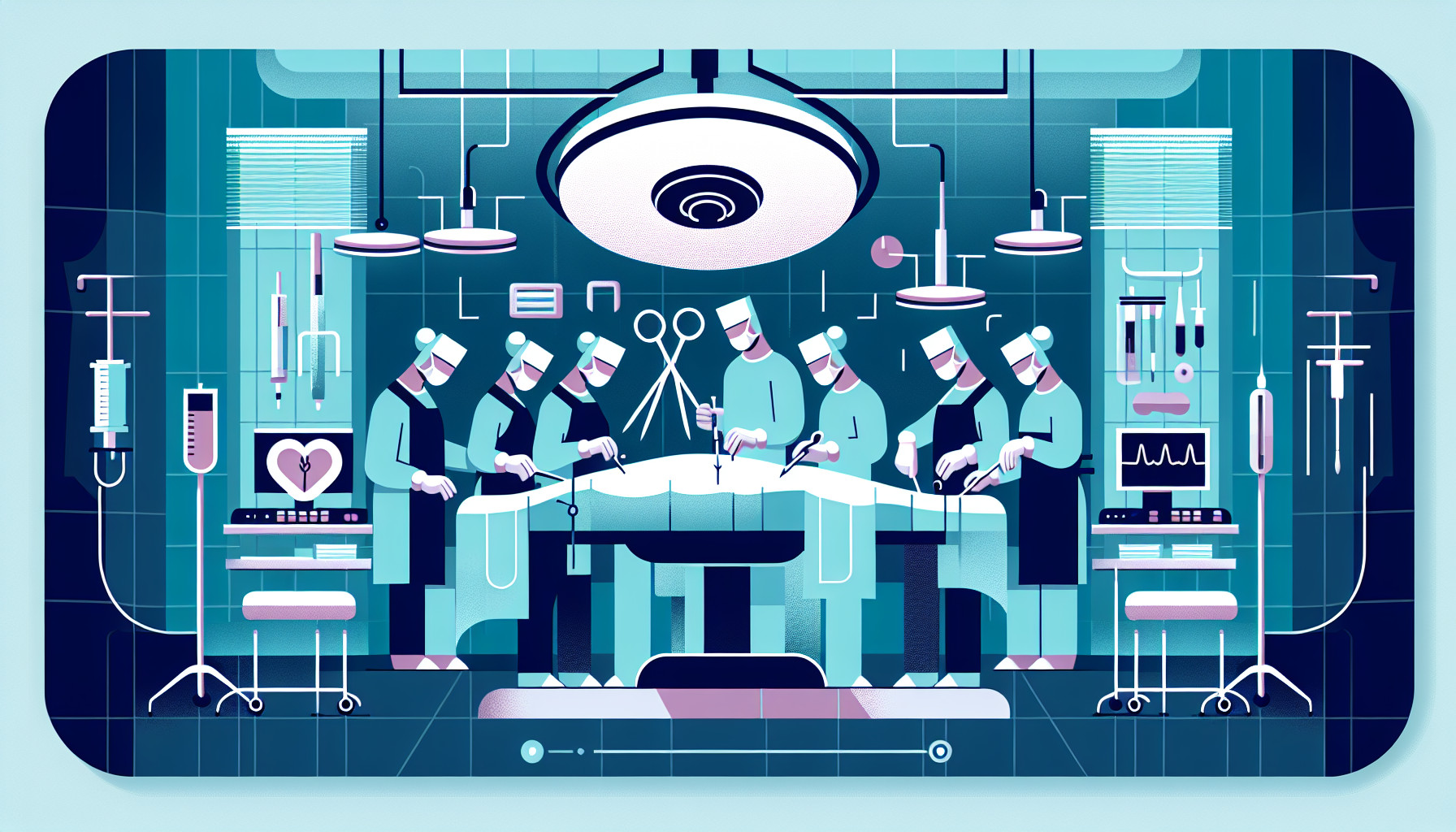Our Summary
This research paper studies the effects of septoplasty, a common surgery performed on patients who have a deviated septum in their nose, which can cause problems with breathing. The researchers wanted to study the long-term effects of this surgery on nasal breathing and the nasal cycle (the process by which our nostrils alternately rest and work).
The study involved 22 healthy people and 19 people with a deviated septum. The tests were carried out twice, with a gap of three months, during which the patients with the deviated septum underwent septoplasty. The tests included questionnaires about nasal breathing and smell function, as well as various technical measurements of nasal function and airflow.
The results showed that septoplasty improved nasal breathing and reduced the severity of nasal obstruction. Airflow increased on the side of the nose with the deviated septum, but the resistance to inhaling did not change significantly. The number of phases in the nasal cycle decreased on the side without the deviation. This means that after surgery, the nasal cycle was more evenly distributed between the two nostrils.
In conclusion, septoplasty seems to provide satisfactory results for patients with a deviated septum, especially in terms of balancing the nasal cycle between the two nostrils.
FAQs
- What is the purpose of septoplasty surgery?
- What were the key findings about the effects of septoplasty on nasal breathing and the nasal cycle?
- Does septoplasty improve airflow on the side of the nose with the deviated septum?
Doctor’s Tip
A helpful tip that a doctor might tell a patient about septoplasty is to follow post-operative care instructions carefully, including keeping the nasal passages moist with saline spray, avoiding strenuous activities that could increase blood pressure in the nose, and attending follow-up appointments to monitor healing progress. It is also important to be patient with the recovery process, as it may take some time for full results to be seen.
Suitable For
Patients who are typically recommended for septoplasty are those who have a deviated septum that is causing problems with nasal breathing, such as chronic nasal congestion, difficulty breathing through the nose, recurrent sinus infections, or snoring. These patients may also experience symptoms such as facial pain, headaches, or sleep apnea due to their deviated septum. Septoplasty is often recommended for patients who have tried other treatments, such as nasal sprays or medications, but have not found relief from their symptoms.
Timeline
Before septoplasty:
- Patient may experience difficulty breathing through one or both nostrils
- Patient may have frequent sinus infections or nosebleeds
- Patient may have trouble sleeping due to nasal obstruction
- Patient may have reduced sense of smell
- Patient may feel self-conscious about the appearance of their nose
After septoplasty:
- Patient will undergo surgery to correct the deviated septum
- Patient will experience some discomfort and swelling in the nose for a few days after surgery
- Patient may need to use nasal sprays or perform nasal irrigation to aid in healing
- Patient will gradually notice improved breathing and reduced nasal obstruction
- Patient may experience improved sense of smell
- Patient may have better quality of sleep
- Patient may feel more confident about their nose appearance
Overall, the timeline for recovery after septoplasty can vary from person to person, but most patients can expect to see significant improvements in their nasal breathing and quality of life within a few weeks to months after surgery.
What to Ask Your Doctor
Here are some questions a patient should ask their doctor before undergoing septoplasty:
- What are the potential risks and complications associated with septoplasty?
- What is the success rate of septoplasty in improving nasal breathing and reducing nasal obstruction?
- What is the recovery process like after septoplasty? How long will it take to fully recover?
- Will I need to take time off work or avoid certain activities after the surgery?
- How long do the results of septoplasty typically last?
- Are there any alternative treatments for a deviated septum that I should consider?
- Will I need to follow any specific post-operative care instructions or attend follow-up appointments?
- How experienced are you in performing septoplasty procedures?
- Can you provide me with information about your past success with septoplasty surgeries?
- What are the potential benefits of septoplasty for my specific case?
Reference
Authors: Letzel J, Darbinjan A, Hummel T. Journal: Eur Arch Otorhinolaryngol. 2022 Oct;279(10):4961-4968. doi: 10.1007/s00405-022-07322-w. Epub 2022 Mar 14. PMID: 35286439
